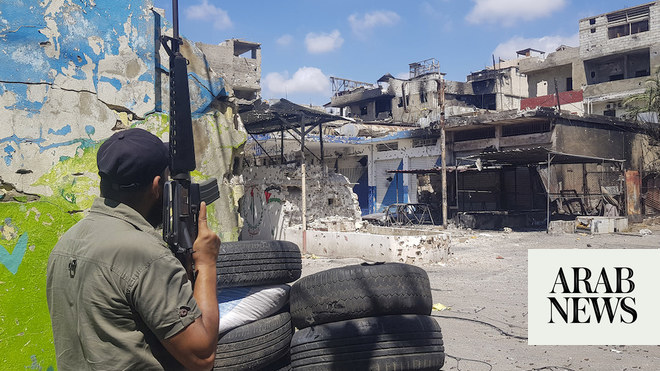
The coronavirus disease (COVID-19) pandemic has revealed a political crisis no less serious than the disease itself. It has reached the stage where some governments are presenting false statistics regarding the total number of cases and deaths in their country, and have even filtered the information being issued by hospitals. All this is being done in an attempt to preserve a positive image, both internally and externally.
The disaster has been even greater in countries that not only kept silent but also refrained from taking decisions that could tarnish their touristic or media image, and instead issued statements of reassurance, denial and mockery, while promoting conspiracy theories. These practices were not only harmful to the population of the country concerned, but also to other countries, especially those with a large number of citizens living in other parts of the world.
As the world seeks cooperation and puts differences aside, to prevent a greater disaster that may further threaten mankind, the Americans and Chinese have plunged themselves into a major propaganda war. Social media is full of news of the huge medical achievements and successes from China, met by a smear campaign from the US; even though President Donald Trump says that he called his Chinese counterpart and agreed to cooperate. This cooperation came after last week’s G20 videoconference, which was chaired by King Salman and attended by both the American and Chinese leaders. This summit was the major framework for collective international action. Saudi Arabia requested to convene the meeting seven months earlier than the official G20 summit due to the exceptional circumstances. International cooperation is necessary because the pandemic is neither a Chinese nor a Western plot, but a threat to the safety of humanity everywhere.
Many governments are now retreating from their original stance, after realizing the high price of lying and obfuscation of the correct information. Most countries have also taken decisive actions, such as closing their borders, after initially refraining from doing so because they were afraid of appearing besieged or as administrative failures in front of the world.
The result is that the pandemic is spreading more in the countries that were less willing to come forward, although this does not mean that other countries are immune. Iran, after two months of obfuscation and lies, is now amending its decisions and official rhetoric, but it still refuses to stop its activities in Iraq, Syria, Lebanon and Yemen. In the meantime, the Americans were quick to withdraw their forces from several military bases and areas. They also withdrew some of their diplomats from Iraq to reduce the risk of casualties.
In January, the American administration also took the pandemic lightly, before realizing that it posed a real threat, and so moved to remedy the situation. The decisions in the US are complicated by the limited power of the federal state. Nevertheless, in a rare move, the two competing political parties, the Democrats and the Republicans, have agreed to put their differences aside and work together under the dome of Congress, issuing a set of decisions to save the country’s health and economic situation. This is not a time for narrow competition.
Governments that still hide the correct figures, and refrain from making difficult decisions, will pay a high price because we do not yet know the depth of the crisis or how long it is going to stay. It is possible that the pandemic will continue for a long time or return in subsequent waves.
Thus, honesty is not only a virtue, but also a necessity. Due to the fact that available medical equipment is limited, the World Health Organization and other international organizations will give priority to the countries that declare that they are more affected than others. This has prompted some of these countries to open up and choose to protect their citizens, rather than their own image.
Abdulrahman Al-Rashed is a veteran columnist. He is the former general manager of Al Arabiya news channel, and former editor-in-chief of Asharq Al-Awsat. Twitter: @aalrashed
Disclaimer: Views expressed by writers in this section are their own and do not necessarily reflect Arab News" point-of-view












